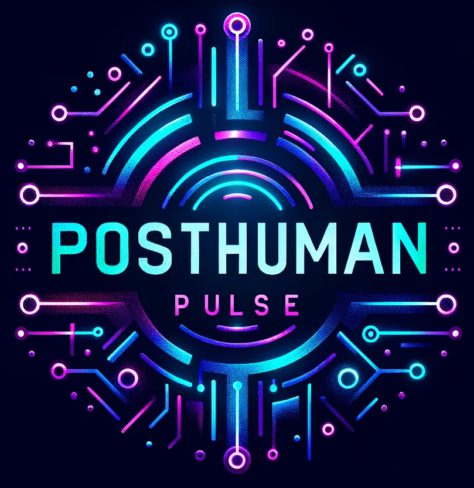In an era where information should be at our fingertips, a startling issue looms over academia and AI development: the disappearance of millions of research papers from digital archives and the illusion of openness in AI systems.
This article uncovers these critical concerns, offering insights into the need for robust data management and true transparency. Delving into these topics, we aim to arm you with strategies to protect academic integrity and foster genuine innovation in AI.
The Disappearing Act: Missing Research Papers in Digital Archives
The digital realm promised perpetual access to knowledge, but a shocking gap has emerged. Over 200,000 academic articles, each with unique identifiers known as DOIs, are missing from major digital archives, according to research by Martin Eve from Birkbeck, University of London. This loss threatens academic continuity and the preservation of knowledge.
“Millions of research articles are absent from major digital archives,” Eve’s study reveals, highlighting an issue that librarians and archivists have long suspected. The problem is compounded by the instability of journals and scholarly societies, which are not guaranteed to endure over time. A significant visual representation of this missing data could illustrate the scale of the issue effectively. The academic community faces a pressing need to implement robust archiving solutions to safeguard intellectual contributions for future generations.
The Illusion of Openness: Challenges in Open AI Systems
While open-source AI systems are heralded as beacons of innovation, the reality is often more opaque. Many such systems limit transparency, stifling innovation rather than fostering it. Experts argue that current practices, which ostensibly support open-sourcing, often fall short, hindering AI development.
“Open-sourcing highly capable foundation models: an evaluation of risks, benefits, and alternative methods for pursuing open-source objectives,” underscores the need for genuine openness in AI systems. The paradox of ‘open’ AI systems lies in their restrictive nature, which contradicts the very concept of open-source.
A graphic contrasting genuinely open and pseudo-open systems could clarify this paradox for readers. The AI industry must strive for practices that genuinely encourage transparency and innovation, ensuring the development of technology that benefits all.
Legal Precedents and Data Management in AI
Recent legal confrontations highlight the critical importance of data management in AI. The New York Times’ lawsuit against OpenAI, centered on allegedly erased evidence, underscores potential legal precedents in AI data handling. The case illustrates the broader implications for legal accountability within the AI industry.
“Lawsuits are never exactly a lovefest, but the copyright fight between The New York Times and both OpenAI and Microsoft is getting especially contentious,” reports Wired. This scenario serves as a cautionary tale about the necessity of meticulous data management and compliance with legal standards. As AI continues to evolve, the industry must prioritize transparency and ethical data practices to avoid similar pitfalls.
Navigating the Future of Data Management
The academic and AI landscapes face transformative challenges that could redefine their foundations. The disappearance of research papers not only disrupts academia but also impacts the broader quest for knowledge preservation. Similarly, the AI industry’s struggle with genuine openness affects its potential to innovate. Addressing these issues requires a multi-faceted approach, incorporating robust digital archiving and authentic open-source practices.
In practice, institutions might adopt comprehensive digital archiving strategies, while AI developers could establish clearer guidelines for open-source contributions. However, challenges such as financial constraints and the complexity of implementing new systems must be acknowledged. The future holds the promise of a more transparent and accountable academic and AI environment, provided these sectors embrace change and adapt to new standards.
“Millions of research articles are absent from major digital archives.” – Nature Article
“Open-sourcing highly capable foundation models: an evaluation of risks, benefits, and alternative methods for pursuing open-source objectives.” – Nature Article
Over 200,000 articles with DOIs missing from major digital archives – Nature Article

